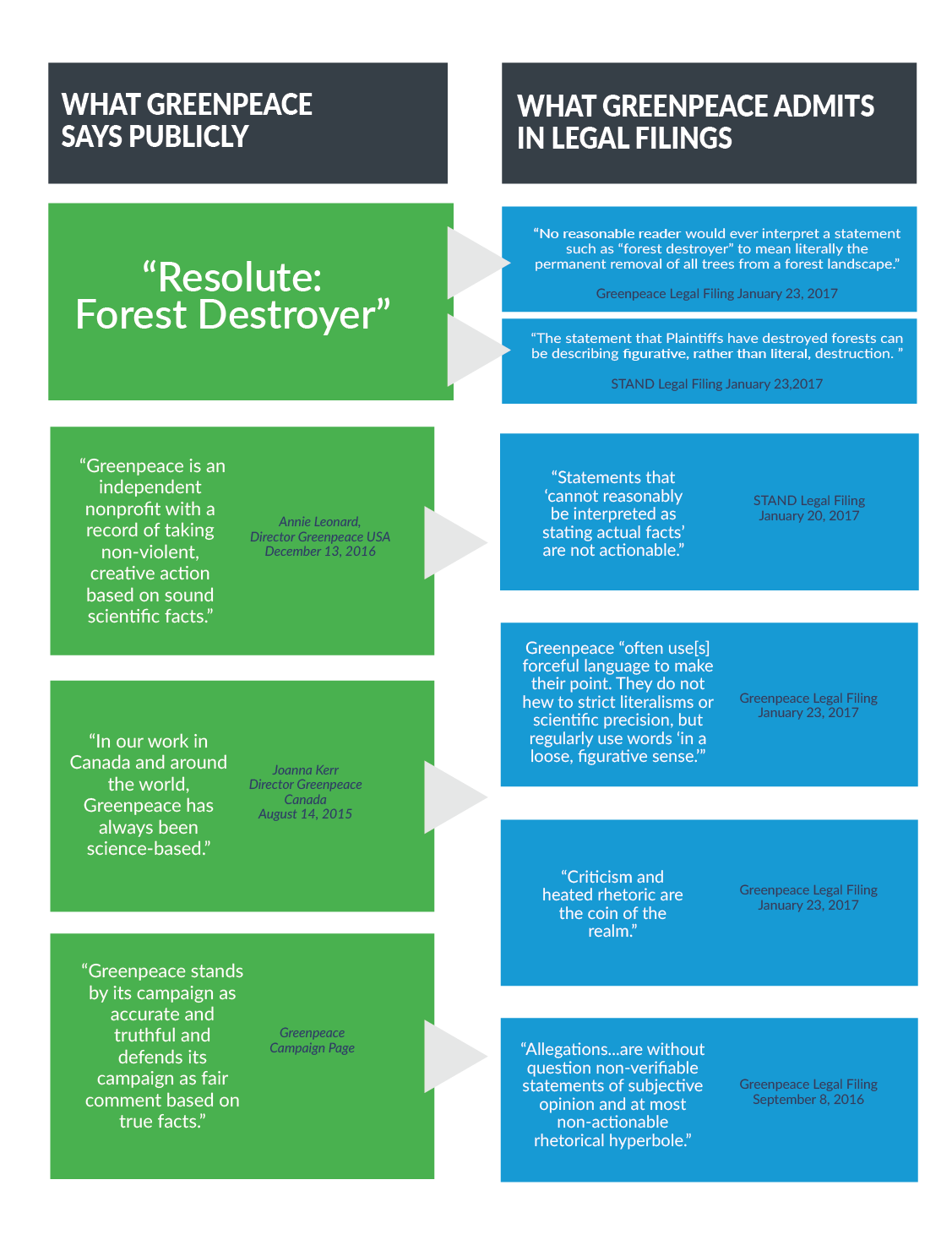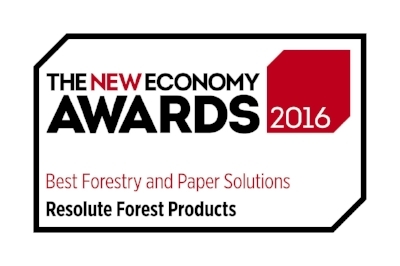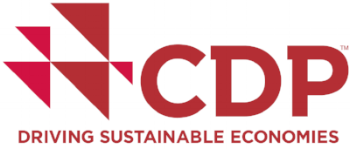When activist groups come knocking, the instinct for most corporate leaders is the well-worn path of least resistance. Appease, roll over, give in. Mollify the pot-banging rabble, and shoo them on to the next target down the street.
It’s a menacing pattern that has become so brazen; a common experience among so many leading global companies. The cycle of abuse works like this: use misleading campaigns, vague demands, constantly moving goalposts and an utter lack of scientific grounding, all while using “heated rhetoric” to induce donations. Companies are faced with a choice: capitulate or have their brand identity trashed with smears and false claims.
One of the largest and most aggressive of these groups, Greenpeace, uses a technique it calls “brand-jacking” to assume the identity of popular brands then steer them toward infamy. On its website, Greenpeace brags about how quickly even major companies capitulate, even though the disparagement campaigns remain in full view. Its list of targets reads like a who’s-who of leading companies.
[...]
But when Greenpeace and its allies targeted our company, we decided to draw the line, unapologetically and forcefully defending our integrity.
The Crisis Creation Business
Our company, Resolute, is one of North America’s largest forest products producers...Everything we make relies on one of the world’s most renewable natural resources: trees. Yet despite the many North American and global awards we’ve won for our sustainability leadership, Resolute has been at the center of a cynical, multi-year attack campaign by large, well-funded activist organizations led by Greenpeace and its allies.
While there are conscientious non-governmental organizations with a virtuous cause, others like Greenpeace and its allies exist solely to employ pressure tactics and fundraise off garish publicity stunts. They are, quite simply, in the crisis creation business.
That’s precisely why we felt compelled to stand up to the eco bullies in the first place. It’s one thing for activist groups to participate in the discourse. But it’s quite another to brazenly threaten us and our customers with a nebulous list of imagined crimes that have no measurable, accountable connection to reality. But that’s just the model Greenpeace and partner groups rely on to sustain the self-perpetuating fundraising juggernaut they’ve become.
To give you a sense of what I’m talking about, worldwide, just considering Greenpeace alone, total revenues in 2014 were in excess of €297 million, equivalent at the time to U.S. $409 million. More than one third of that amount—U.S. $147 million—was eaten by “fundraising expenditures” with another U.S. $63 million going to salaries, benefits, and operating costs.
That doesn’t even include the cost of maintaining and operating a big box of expensive, carbon-emitting corporate toys that include helicopters and a small fleet. To cover this much overhead, they have no choice but to use their remaining budget for campaigns with the highest proven fundraising potential.
The pattern of engagement is always the same because most activist campaigns run using the same playbook, which can include tactics like impersonating employees, misrepresenting or doctoring photographs, an endless supply of silly publicity stunts, and selectively using pseudo-scientific findings. Greenpeace accidentally drew the curtain back on these tactics a few years ago when they famously circulated an unfinished activist “fact sheet” stating, “Fill in alarmist and armageddonist factoid here.”
Appeasement Only Expands Their Power
For too many executives, the goal in dealing with bad actors like this is to appease and accommodate, to avoid any hint of controversy, to keep the target off their backs. Never mind that irresponsible activists are making up facts or acting for unprincipled and self-serving motives. It’s easier to give in, pay up, and appease.
But there is no substitute for doing the right thing. In this case, “not to condemn is to condone.” As business leaders, we have a collective responsibility not only to protect the future of our companies, but also to defend the long-term futures of our home communities and the livelihoods of our employees. These are some of the cornerstone principles of good corporate governance.
That’s why we sued Greenpeace and its allies last May under federal RICO laws. As tends to happen with bullies, as soon as we forced them to back up their claims, they are already starting to change their tune. After years of claiming Resolute “destroyed forests,” for instance, Greenpeace and its partners now admit in court filings that this accusation was “figurative rather than literal,” “rhetorical hyperbole,” and “non-verifiable statements of subjective opinion.”
Greenpeace and their allies have naturally resorted to rhetorical contortions to explain these sudden reversals, including claiming the mantle of free speech martyrs. It’s unlikely to work. False statements knowingly made are not free speech in a court of law or public opinion. Naturally, Greenpeace sent a fundraising email to its followers calling our litigation “the biggest threat in [our] 45-year history.” It followed up last week with a fundraising video saying the court action could “sue Greenpeace out of existence.”
A great and diverse range of stakeholders and partners have publicly spoken out to support Resolute’s principled position, from unions and workers, regional and national elected officials, First Nations aboriginal communities, and ordinary citizens. They have written letters, engaged in direct mail campaigns, participated in town hall meetings, and even demonstrated in the streets. Impressively, more than 500 municipalities have gone on record, formally taking a stand against activist misinformation.
Resolute is standing with our stakeholders and partners because it’s a moral and ethical obligation. We’re surely not alone. Other companies have demonstrated their own commitment to responsible and sustainable performance and they too should demonstrate the courage of their convictions.
Seth Kursman,Vice President of Communications, Sustainability & Government Affairs at Resolute Forest Products, The Federalist (5/15/2017)






